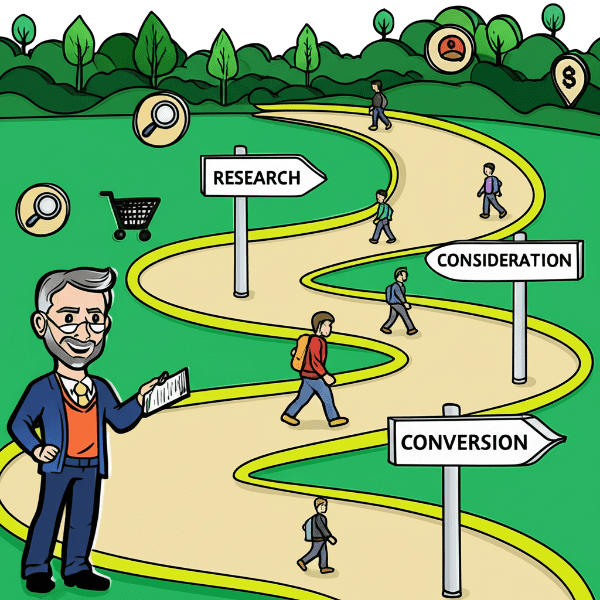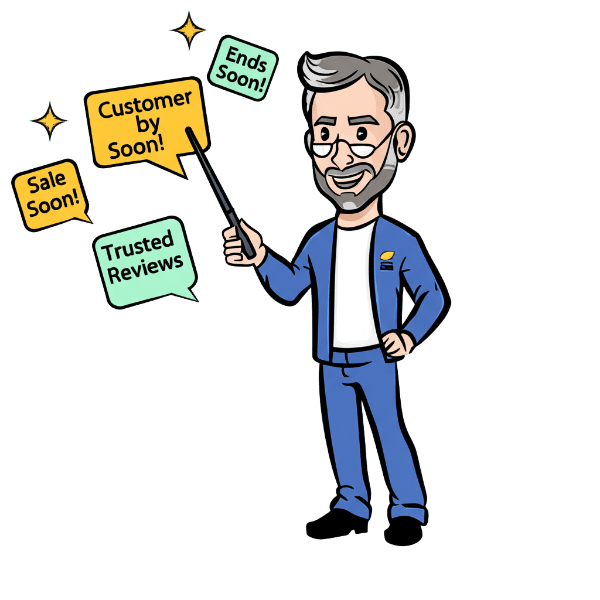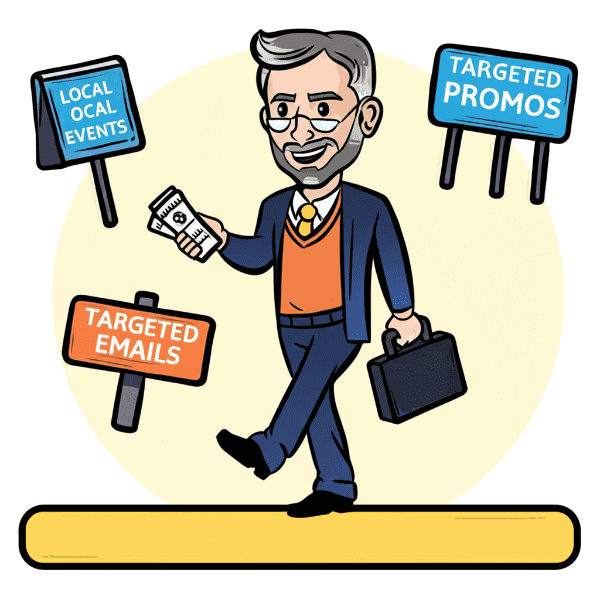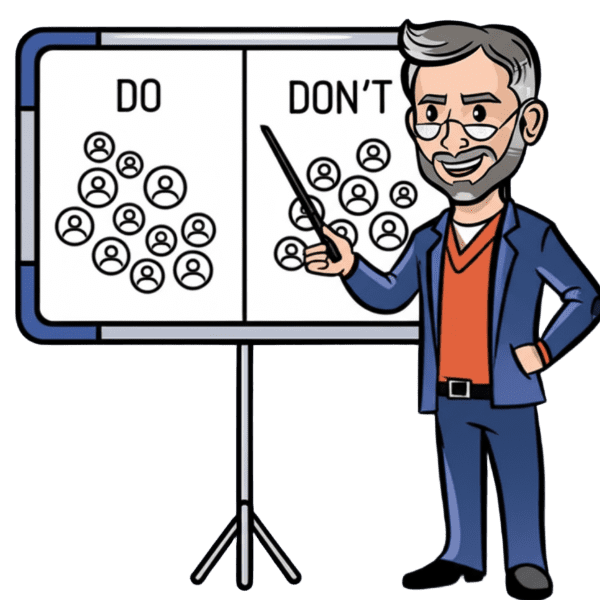Understanding Brand Authority
Brand Authority is the trust, influence, and credibility a company earns over time by consistently demonstrating expertise and delivering value. When a business becomes recognized as a leader in its industry, customers are more likely to trust its recommendations, content, and products.
Example in a Sentence:
Publishing high-quality research and earning media mentions helped the company grow its brand authority within the fintech sector.
Why Authority Matters
Earning trust through consistent, value-driven marketing can lead to:

- Higher Loyalty – Customers stick with brands they see as experts.
- Better Visibility – Reputable brands often earn more search traffic and media attention.
- Pricing Power – Strong reputations justify premium pricing and command greater market influence.
- Greater Influence – Market leaders shape opinions, trends, and customer expectations.
What Builds Brand Credibility
Key components that contribute to a brand’s strength include:
- Thought Leadership – Sharing expertise through blogs, speaking events, and whitepapers.
- Consistency – Keeping your voice, visuals, and customer experience aligned.
- Third-Party Validation – Testimonials, case studies, and expert endorsements all help reinforce your position.
- Transparency – Honest messaging and ethical business practices create deeper trust.
How to Strengthen Your Market Position
Use the following strategies to stand out as an industry leader:
- Educate Your Audience – Focus on solving problems with content that provides real value.
- Engage with Influencers – Collaborate with respected names in your field to broaden your reach.
- Be Present and Involved – Participate in relevant communities, forums, or social media groups.
- Optimize for Visibility – Make sure your website, content, and SEO are aligned so people can find and trust you.
More Definitions
(From the Sales & Marketing Jargon Encyclopedia)
- Blended Marketing: A strategic approach that combines traditional marketing methods with digital techniques to create a cohesive and comprehensive marketing plan.
- Reverse Marketing: A strategy where customers seek out a company rather than the company actively pursuing customers.
- Social Media Outreach: The process of using social media platforms to engage with a target audience, build relationships, and promote content or products.
- Yield management: Changing prices based on demand to make more money without raising costs.
Useful Posts
(From the Sales Funnel Professor Blog)
What Sales Funnel Professor Is All About with Eddie Davis: An overview of the mission and offerings of Sales Funnel Professor, featuring insights from Eddie Davis.
What to Look for in a SaaS Fractional CMO: Insights into the unique challenges and opportunities of marketing leadership in SaaS companies.























